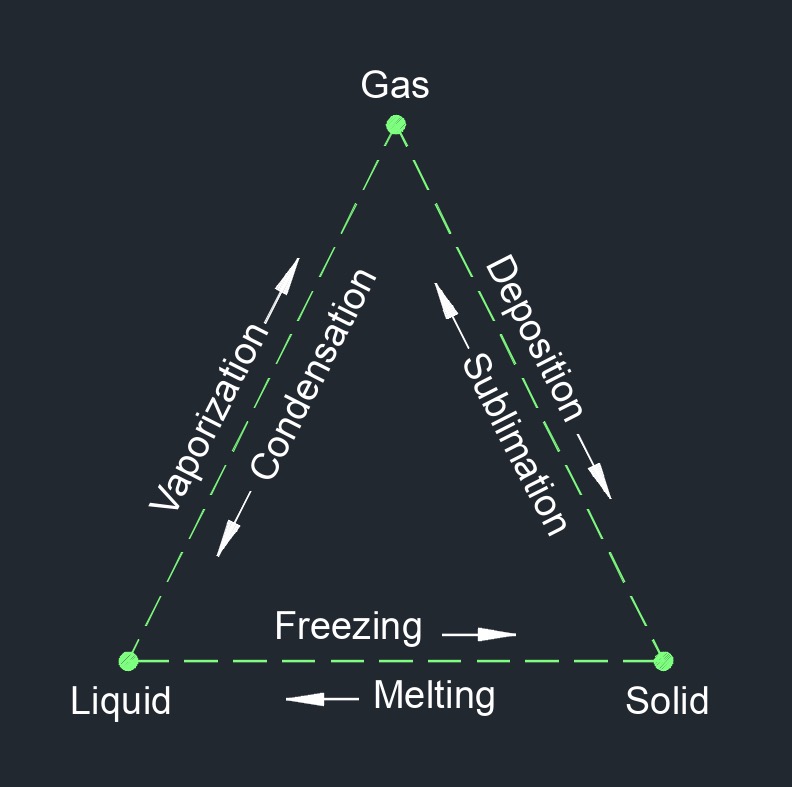Enthalpy
Enthalpy Formula |
||
|
\( H \;=\; U + p \cdot V \) (Enthalpy) \( U \;=\; H - p \cdot V \) \( p \;=\; \dfrac{ H - U }{ V } \) \( V \;=\; \dfrac{ H - U }{ p } \) |
||
| Symbol | English | Metric |
| \( H \) = Enthalpy of a System | \(Btu\;/\;lbm\) | \(kJ\;/\;kg\) |
| \( U \) = Internal Energy of Work Done in a System | \(Btu\) | \(J\) |
| \( p \) = Pressure (psi) | \(lbf\;/\;in^2\) | \(Pa\) |
| \( V \) = Volume of a Systeme | \(ft^3\) | \(m^3\) |

Enthalpy, abbreviated as \(H\), measures the sum of internal energy changes in heat under constant pressure of the system. In other words, enthalpy represents the energy of a system due to its internal energy and the work done by or on the system as it changes volume under constant pressure. It includes both the heat energy and the energy associated with work done.
Enthalpy is often used in the context of chemical reactions, where it provides information about the heat exchanged during the process. The specific enthalpy is useful for analyzing energy transfers and transformations in systems involving fluids, such as in thermodynamics and fluid mechanics.
Overall, enthalpy is a fundamental concept in thermodynamics that allows us to understand and quantify the energy content and energy exchanges of a system, particularly under conditions of constant pressure

